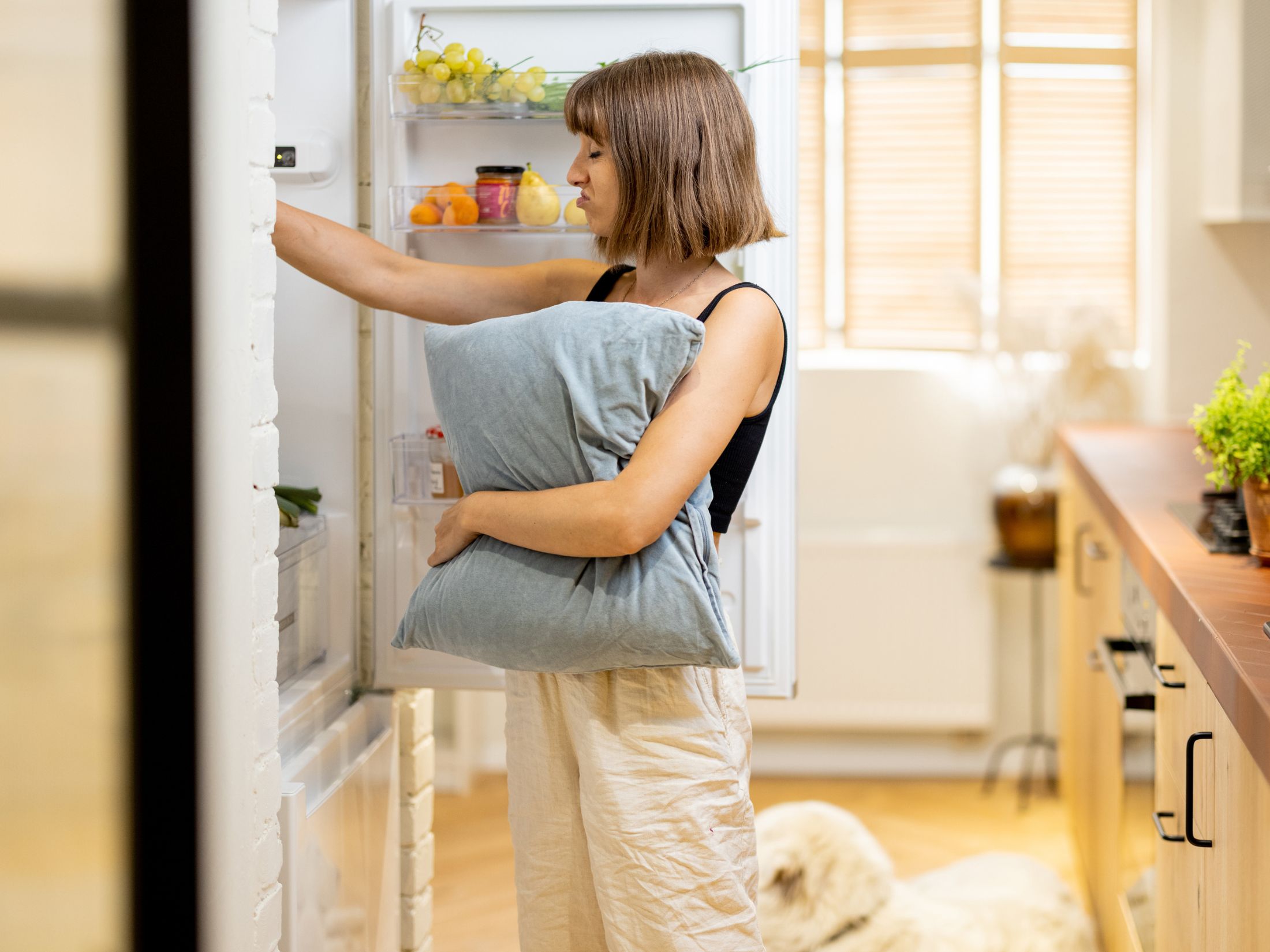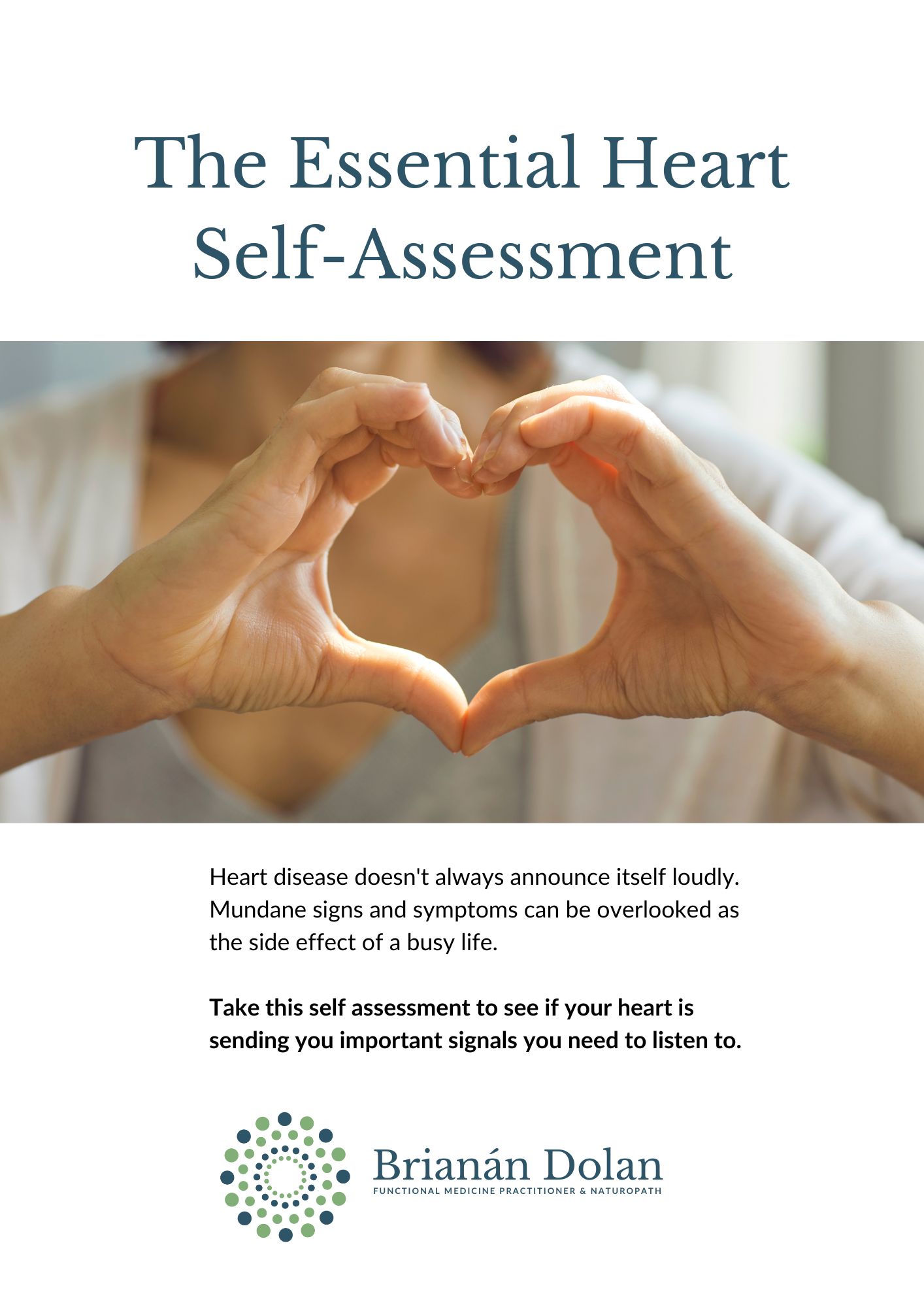When you’re grappling with Long COVID, your nutrition is often the first thing to go out the window. It can feel impossible to plan, shop, cook, and clean up when you’re so low on energy. This puts a lot of pressure on your main caretaker too. As a result, we often reach for pizzas and deliveries. I know for sure when I’m sick, I want convenient, comforting foods. I’m not craving blueberries and salads!
Navigating Nutrition During Long COVID
Living with Long COVID makes even the simplest tasks feel like Herculean efforts. Among the first things to suffer is often our nutrition. The sheer energy required to plan meals, go grocery shopping, cook, and clean up can seem insurmountable when you’re battling ongoing fatigue and pain. Consequently, many people with Long COVID, along with their caregivers, find themselves reaching for the most convenient options available—often fast food, takeout or highly processed packaged foods.
The Appeal of Convenience Foods
When you’re feeling unwell, the last thing you want to think about is preparing a nutritious meal. It’s all too easy to succumb to the siren call of pizza, burgers, and other delivery options. These foods are comforting and require no effort on your part, making them an appealing choice when you’re low on energy.
The Nutritional Pitfall
While convenient, these food choices often lack the essential nutrients your body needs to support healing and maintain energy levels. Processed foods can exacerbate inflammation, disrupt gut health, and lead to a vicious cycle of poor nutrition and worsening symptoms. It’s a challenging situation: the very state of being unwell makes it harder to choose the foods that might help you feel better.
Strategies for Better Nutrition with Long COVID
So, how can you navigate nutrition when you’re struggling with Long COVID? Here are some strategies that might help:
- Batch Cooking: On days when you feel relatively better, prepare large quantities of healthy meals that can be frozen and reheated as needed. Soups, stews, and casseroles are great options.
- Simplify Meals: Focus on simple, nutritious meals that require minimal preparation. Think along the lines of smoothies, salads with pre-washed greens, or oven-roasted vegetables and proteins.
- Healthy Deliveries: Many delivery services now offer healthier options, including meal kits that come with pre-prepped ingredients and easy-to-follow instructions. Look for services that prioritize whole foods and balanced nutrition.
- Ask for Help: Don’t hesitate to ask friends or family for assistance with meal prep. Many people are more than willing to help out but don’t know how. Being specific about your needs can make it easier for others to support you.
- Nutritious Snacks: Stock up on healthy snacks that require no preparation, such as nuts, seeds, fruit, pre-prepped veggies and yogurt. These can provide a quick energy boost without the negative effects of processed snacks.
Supporting the Caregiver
It’s also essential to consider the impact on your main caregiver. The pressure of caring for someone with Long COVID can be immense, and meal prep often becomes an additional burden. Encouraging caregivers to take shortcuts, like using pre-chopped vegetables or store-bought healthy meals, can alleviate some of this pressure.
Building a Sustainable Routine
Creating a sustainable routine that supports better nutrition involves patience and flexibility. It’s about finding a balance that works for you and making incremental changes that are manageable. Aim for small improvements, like incorporating an extra serving of vegetables into your day or choosing a healthier snack option. These small steps can accumulate into significant improvements over time.
While it’s tempting to rely on the magic of convenient, comforting foods when you’re battling Long COVID, prioritizing nutrition can make a substantial difference in your overall well-being. Prioritise a holistic approach to nutrition, with strategies that accommodate your energy levels and limitations, can help you maintain better health and potentially improve your quality of life. It’s not about perfection; it’s about making the best choices you can in each moment. Your journey to better health is unique, and every positive change, no matter how small, is a step in the right direction.





